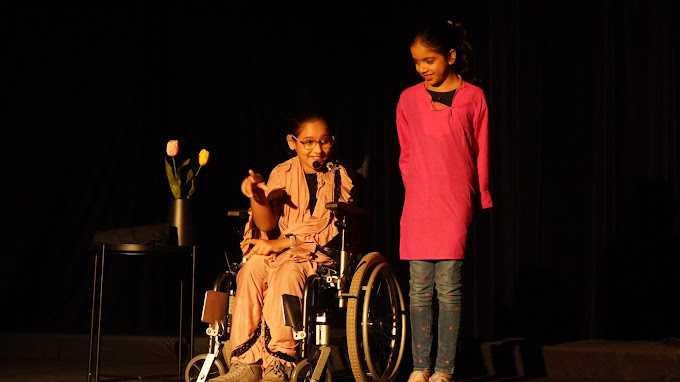Spotlight On Skill: Navigating The World Of Acting Classes
Hello, dear readers! Today, I’m thrilled to dive into the captivating realm of acting classes and shed light on their significance in honing the craft of aspiring actors. At “Spotlight On Skill” by Tamasha by Deepika Rajani, where Talent Takes Center Stage, we’re dedicated to cultivating the skills and potential of every actor, one class at a time. In this article, I’ll navigate you through the multifaceted world of acting classes, unveiling their various facets and guiding you toward finding the perfect fit for your artistic journey.
The Importance of Acting Classes
Acting classes serve as a foundation for aspiring actors, providing them with essential skills and techniques to excel in their craft. These classes offer a structured environment where students can learn from experienced instructors, receive constructive feedback, and collaborate with fellow actors. Moreover, acting classes provide a safe space for students to explore different acting styles, characters, and emotions, allowing them to develop their unique artistic voice.
Types of Acting Classes
Acting classes come in various forms, catering to different skill levels, interests, and goals. Acting classes come in a variety of popular forms, such as:
Introduction to Acting: Designed for beginners, these classes provide a basic overview of acting techniques, terminology, and exercises. Students learn fundamental skills such as voice projection, movement, and improvisation.
Scene Study: Scene study classes focus on dissecting and analyzing scenes from plays, films, or television shows. Students work on character development, emotional authenticity, and scene interpretation under the guidance of a director or instructor.
Monologue Workshops: In monologue workshops, students explore the art of solo performance by working on monologues tailored to their strengths and interests. These classes help students develop their storytelling abilities, emotional range, and stage presence.
Audition Technique: Audition technique classes prepare actors for the audition process, covering topics such as script analysis, cold reading, and interview skills. Students receive practical tips and strategies for showcasing their talents and impressing casting directors.
Advanced Acting Techniques: Advanced acting classes are designed for experienced actors looking to refine their skills and tackle more challenging material. These classes may focus on specific acting methods such as Stanislavski, Meisner, or Method acting.
Finding the Right Fit
When choosing an acting class, it’s essential to consider your individual goals, preferences, and skill level. Here are some factors to keep in mind:
Instructor Experience: Look for instructors with a strong background in acting, directing, or teaching. Research their credentials, industry experience, and teaching philosophy to ensure they align with your learning style.
Class Size and Atmosphere: Consider the size of the class and the overall atmosphere of the studio or school. Some students thrive in small, intimate settings, while others prefer larger, more dynamic environments.
Curriculum and Approach: Review the class curriculum, schedule, and approach to determine if it aligns with your interests and goals. Some classes may focus on specific genres, techniques, or performance styles, so choose one that resonates with you.
Maximizing Your Learning Experience
Once you’ve chosen an acting class, there are several ways to make the most of your learning experience:
Come Prepared: Arrive at each class with an open mind, a positive attitude, and a willingness to learn. Do your homework, memorize your lines, and be ready to fully engage in the exercises and activities.
Embrace Feedback: Actively seek feedback from your instructor and classmates, and be open to constructive criticism. Use feedback as an opportunity to grow and improve your skills, rather than as a reflection of your worth as an actor.
Practice Consistently: Acting is a craft that requires practice and dedication. Take advantage of any rehearsal time or opportunities for additional practice outside of class. The more you practice, the more confident and proficient you’ll become as an actor.
Conclusion
Navigating the world of acting classes can be a transformative journey for aspiring actors, providing them with the skills, knowledge, and confidence to pursue their dreams. By understanding the different types of acting classes, finding the right fit, and maximizing their learning experience, actors can embark on a path of growth, creativity, and artistic fulfillment. So, whether you’re a novice or a seasoned performer, remember that the spotlight is yours to seize – and with dedication and passion, the possibilities are endless.
Stay tuned for more blogs on how drama can empower and transform our children’s lives!




































